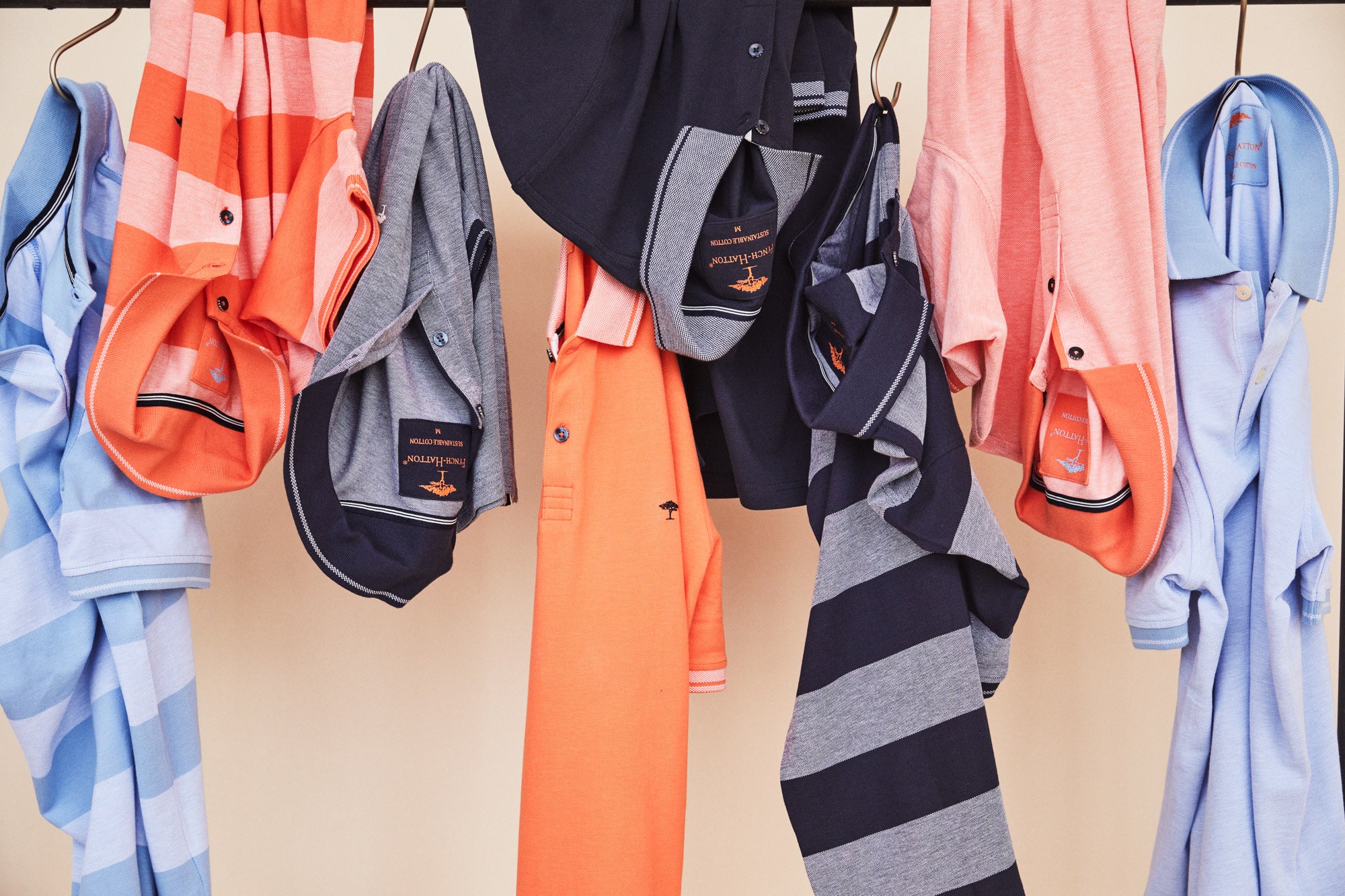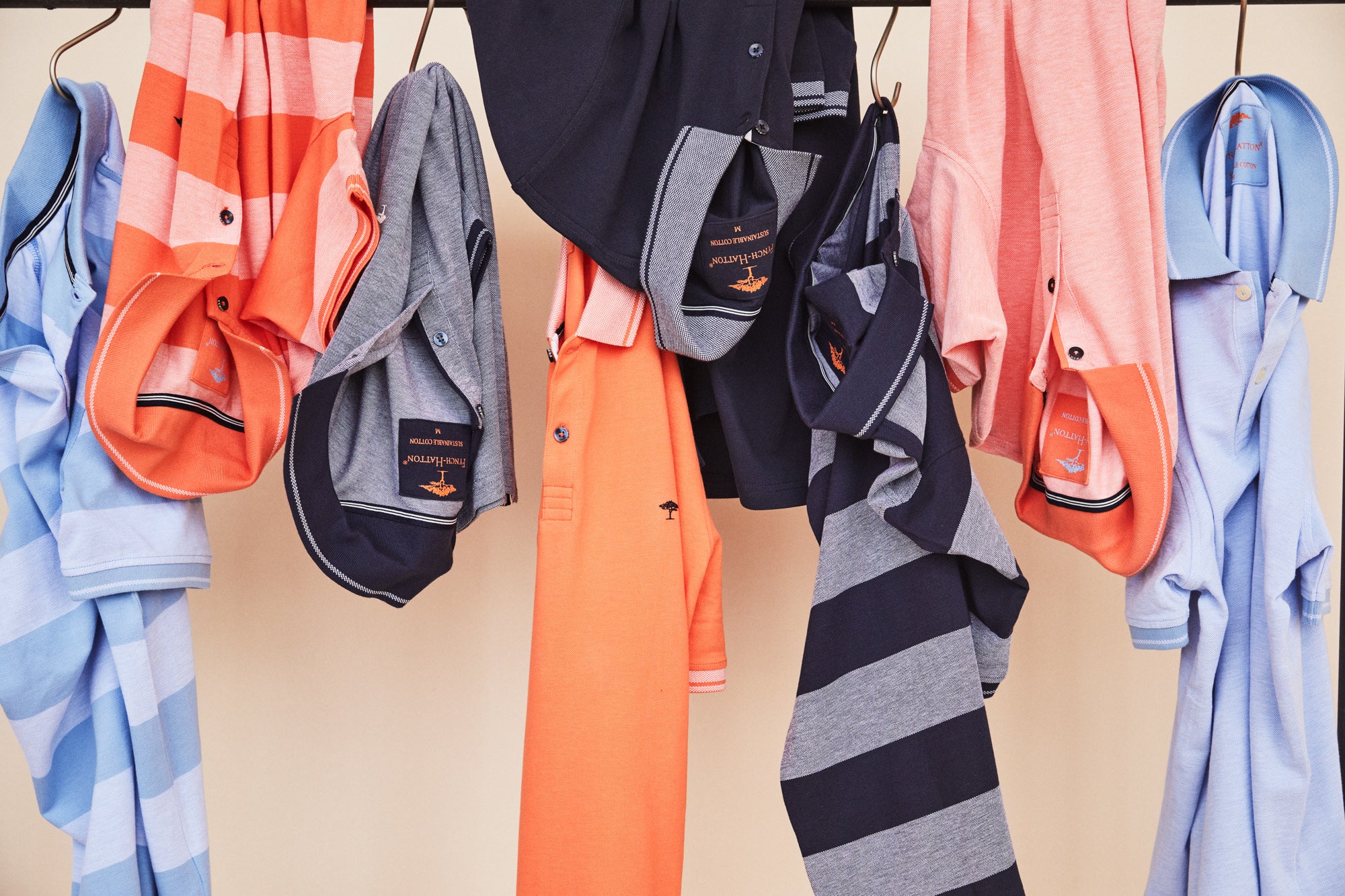The golden rules of sustainable laundry
The laundry should not only be sustainable in the sense of protecting resources and the product, but also hygienic. Dirt, lime and detergent residues form a breeding ground for microorganisms and deposits. On the one hand, this damage our health and, on the other hand, promote the wear of our washing machine and textile.
With the following tips you can not only wash sustainably, but also hygienically:
If possible, avoid washing and reducing washes
- Longer wear & use of the textiles
- Refresh e.g. by ventilation instead of washing
- Wool, for example, has "self -cleaning" properties and only has to be ventilated
- Wash the textiles on the left and close all buttons and zippers to prevent damage
Note care instructions in the textiles and sort them according to care information
- Summarize textiles and wash at lower temperatures. Part loading must be avoided
- Set and load the washing machine according to the care core drawing
Proper care receives the value of the textile and extends the lifespan
- Sort laundry by white, colorful, fine and wool/silk
- Wash and maintain the textile according to the care instructions
- Depending on the type of laundry, choose the appropriate detergent
Note the dosage recommendation of the detergent
- Proper dosing according to water hardness and degree of pollution to minimize the load on the wastewater
- Excess detergents can be deposited in the washing machine. This can lead to increased wear and forms a breeding ground for microorganisms
- Provide individual stains, reduce pollution level and thus reduce the dosage of the detergent
- To protect textiles on detergents with bleach complexes and enzymes. Please note the contents here, often detergents contain pale without it being recognizable at first glance.
Wash at the lowest possible temperature
- Energy consumption depends above all on the washing temperature/energy that is needed to heat water
- Due to the mechanics when washing and the detergent, textiles are clean even at low temperatures
Dry the laundry as hanging or lying down as possible
- Avoid using dryers to save energy
- Hang the laundry wet/ moist and pull in shape to achieve self -smoothing if necessary, reduces the use of an iron and saves additional energy and time and protects the textiles
Get value of the washing machine through cleanliness & hygiene
- Dosage detergents as low as possible
- Washing machine regularly clean with home remedies, such as diluted table vinegar, detergent compartments and seals, avoid deposits in order to reduce the resulting wear
- Cleaning the washing machine receives the value and functionality of the device and improves the service life. The laundry can only be clean in a clean/hygienic washing machine.
Environmentally friendly textile care - everyone can contribute to this
Wash:

Do not wash

Hand washing

Normal car rang 30 ° C

Schnellgang 30 ° C

Special scale of 30 ° C

Normal wash 40 ° C

Protective rash 40 ° C

Special scrap 40 ° C
Bleaching:

Chlorine or oxygen bleaching allowed

Do not bleach
Dry:

Do not dry in the dryer

Gently dry in the dryer at low temperature possible
Iron:

Do not iron

Keep ironing at low temperature

Ironing with medium temperature

Ironing with high temperature
Professional textile care:

Not chemically clean

Clean with perchlorethylene






